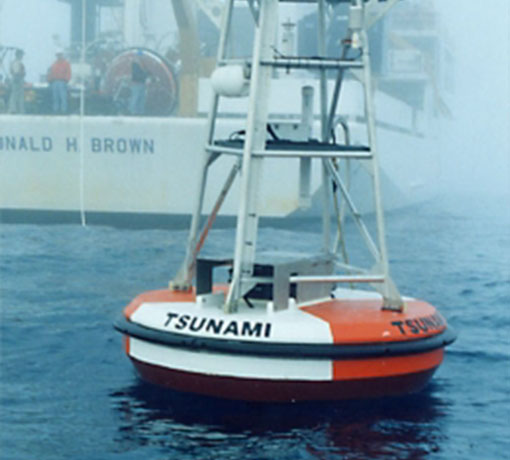GOOS is an Intergovernmental Oceanographic Commission (IOC)-led programme. The IOC is part of UNESCO.
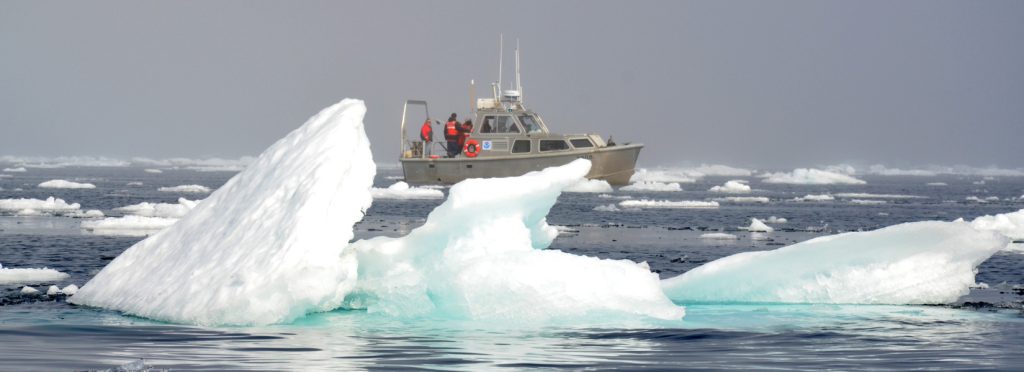
The GOOS Office enables collaboration between different parts of the Core Team. Oversight is provided by a multinational Steering Committee.

Steering Committee
The Steering Committee governs and coordinates the components of GOOS, steering its work to achieve objectives of the Global Ocean Observing System 2030 Strategy.
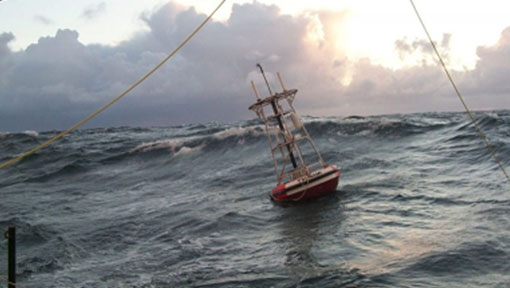
Observations Coordination Group (OCG)
The OCG strengthens GOOS implementation by coordinating the system through 12 global observing networks and OceanOPS.
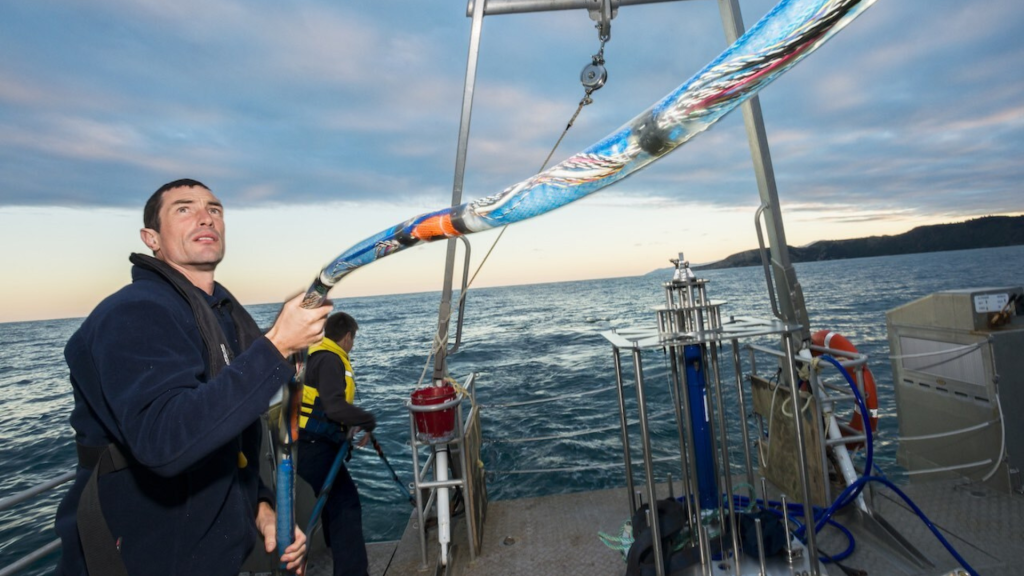
Expert Panels
The Physics and Climate, Biochemistry and Biology and Ecosystems Panels are central to our work and liaise with and advocate for users.
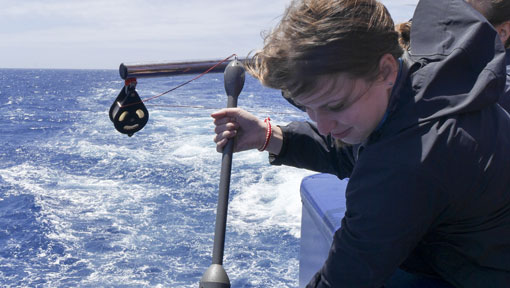
Expert Team on Operational Ocean Forecasting Systems (ETOOFS)
ETOOFS guides initiatives to improve capacity, quality and interoperability of ocean model forecast products.
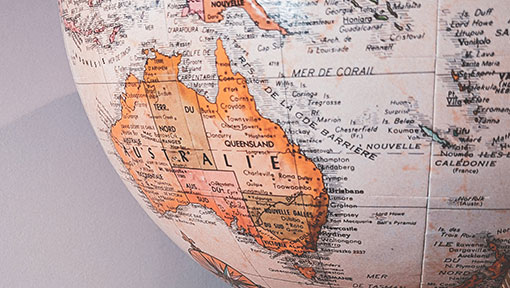
GOOS Regional Alliances (GRAs)
GRAs identify, enable and develop GOOS ocean monitoring and services to meet regional and national priorities.
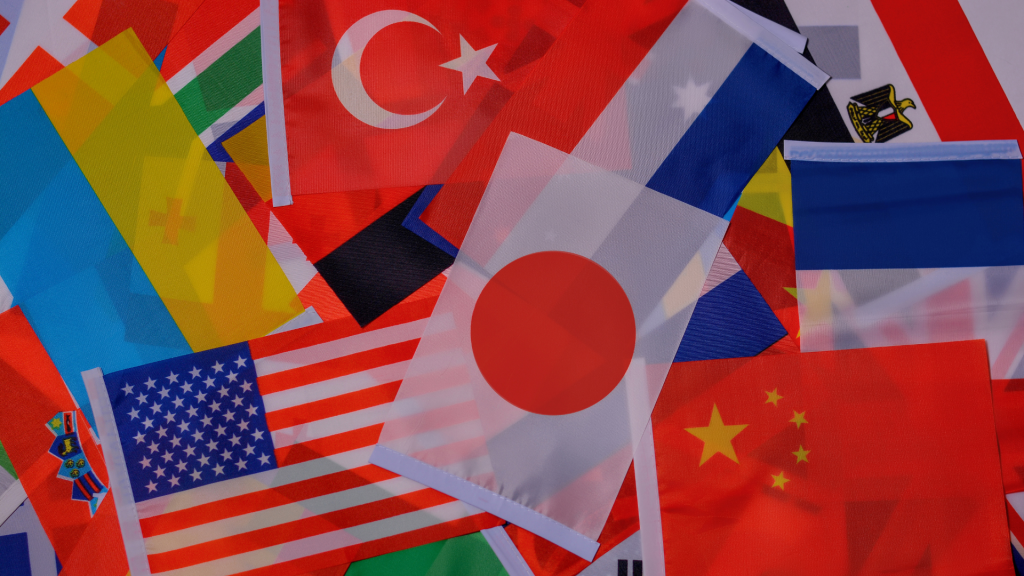
GOOS National Focal Points (NFPs)
NFPs are the appropriate contact points in each Member State for affairs regarding the implementation of the Global Ocean Observing System at national and global levels.
Where next?
GOOS was created in March 1991
It was an initiative of the Intergovernmental Oceanographic Commission (IOC) designed to meet the needs of many nations.
